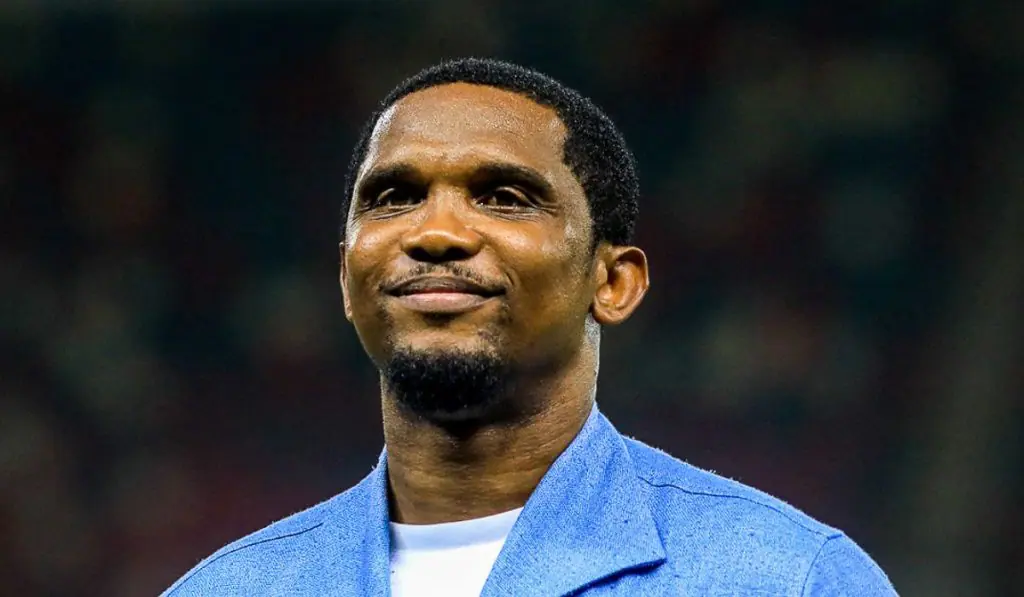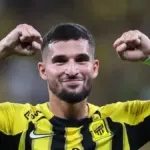Samuel Eto’o, the president of the Cameroon Football Federation (Fecafoot), has officially announced his candidacy for a position on the Executive Committee of the Confederation of African Football (CAF). This decision comes nearly three years after his election as Fecafoot president in December 2021.
The former Cameroon national team striker, who earned 118 caps and scored 56 goals during his illustrious career, made the announcement on Friday during Fecafoot’s ordinary session in Yaoundé.
If successful, Eto’o will take another step in his transition from a celebrated footballer to a prominent figure in football governance.
A Familiar Rivalry
Eto’o’s bid is expected to reignite his rivalry with Seidou Mbombo Njoya, his predecessor at Fecafoot and the current CAF vice president for Central Africa (UNIFFAC).
This contest mirrors their previous battle for the leadership of Cameroonian football, a race Eto’o won in 2021.
However, Eto’o’s tenure at Fecafoot has not been without controversy.
His leadership has faced scrutiny following accusations of ethical violations, including a conviction by CAF for breaching its ethical principles and a six-month suspension by FIFA. These incidents could complicate his campaign for a role at CAF.
Strategic Maneuvering
Despite these challenges, reports from local media suggest that Eto’o has crafted a plan to secure victory.
The four-time African Footballer of the Year is believed to be leveraging his influence to rally support ahead of the CAF elective General Assembly, scheduled for next year.
Key to this strategy is building alliances within the region. Eto’o is reportedly seeking the backing of influential figures such as Congolese football leader Jean Blaise Mayolas.
However, this approach faces resistance from others, including Central African Football Federation president Célestin Yanindji, who has reportedly opposed Eto’o’s bid.
Looking Ahead
Eto’o’s candidacy marks another significant chapter in his post-playing career, as he continues to aim for leadership roles in African football.
Whether his star power and strategic lobbying can overcome the controversies of his tenure at Fecafoot and the political challenges within CAF remains to be seen.
The coming months will reveal whether Eto’o’s ambition to shape the future of African football governance will translate into success at the CAF elective assembly.





